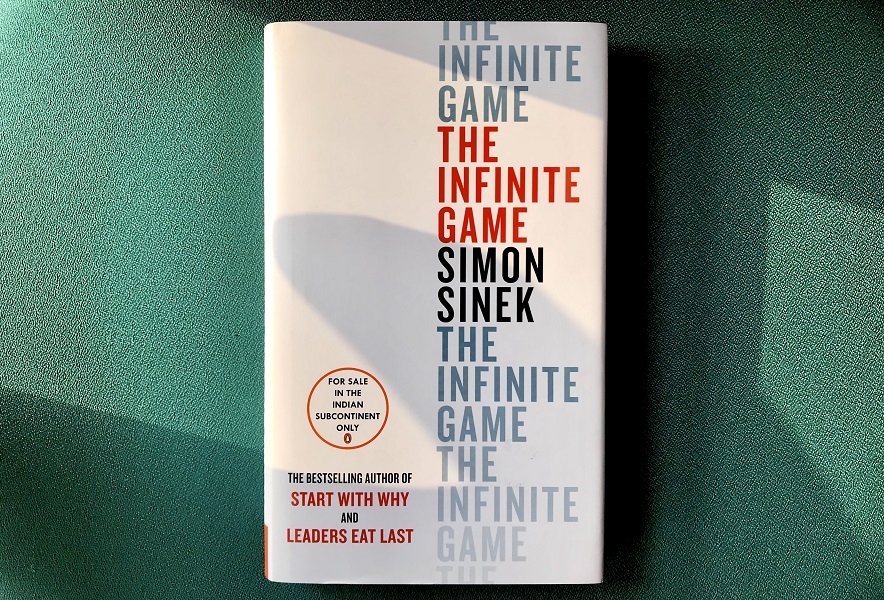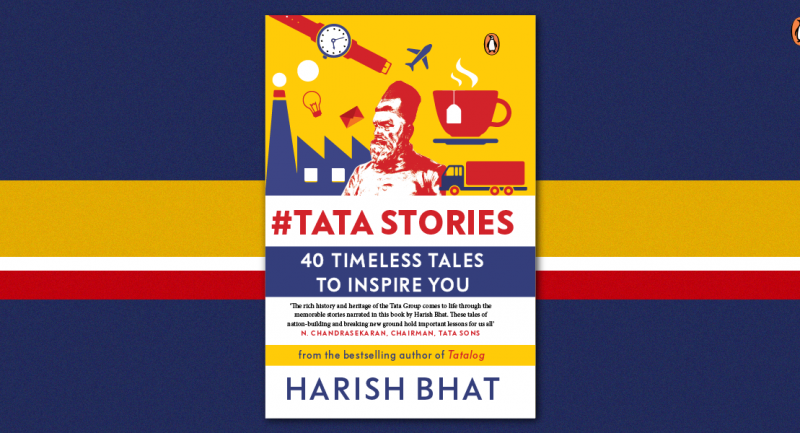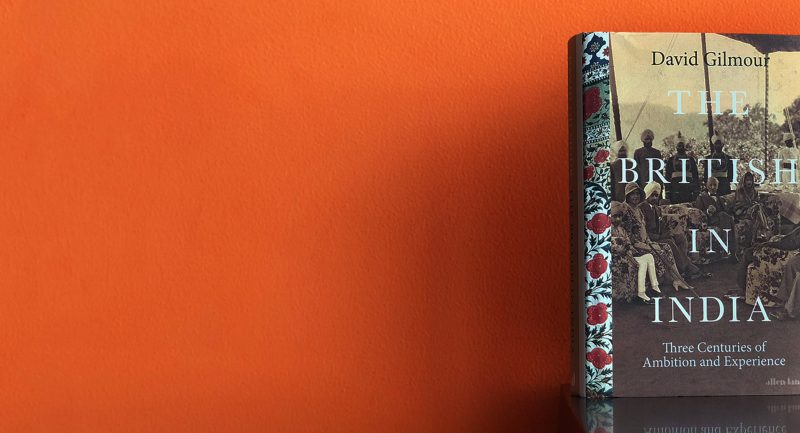
In today’s world lead by young entrepreneurs, what does competition in businesses actually mean?
An optimist, motivator and author, Simon Sinek lays out a clear framework to help us navigate the world of business – which he presents as an ‘infinite game’, with no clear finish lines, losers or winners.
Read on for an excerpt that introduces this idea.
The Infinite Game of Business
The game of business fits the very definition of an infinite game. We may not know all of the other players and new ones can join the game at any time. All the players determine their own strategies and tactics and there is no set of fixed rules to which everyone has agreed, other than the law (and even that can vary from country to country). Unlike a finite game, there is no predetermined beginning, middle or end to business. Although many of us agree to certain time frames for evaluating our own performance relative to that of other players – the financial year, for example – those time frames represent markers within the course of the game; none marks the end of the game itself. The game of business has no finish line.
Despite the fact that companies are playing in a game that cannot be won, too many business leaders keep playing as if they can. They continue to make claims that they are the “best” or that they are “number one.” Such claims have become so commonplace that we rarely, if ever, stop to actually think about how ridiculous some of them are. Whenever I see a company claim that it is number one or the best, I always like to look at the fine print to see how they cherry-picked the metrics. For years, British Airways, for example, claimed in their advertising that they were “the world’s favourite airline.” Richard Branson’s airline, Virgin Atlantic, filed a dispute with Britain’s Advertising Standards Authority that such a claim could not be true based on recent passenger surveys. The ASA allowed the claim to stand, however, on the basis that British Airways carried more international passengers than any other airline. “Favourite,” as they used the word, meant that their operation was expansive, not necessarily preferred.
To one company, being number one may be based on the number of customers they serve. To another, it could be about revenues, stock performance, the number of employees or the number of offices they have around the globe. The companies making the claims even get to decide the time frames in which they are making their calculations. Sometimes it’s a quarter. Or eight months. Sometimes a year. Or five years. Or a dozen. But did everyone else in their industry agree to those same time frames for comparison? In finite games, there’s a single, agreed-upon metric that separates the winner from the loser, things like goals scored, speed or strength. In infinite games, there are multiple metrics, which is why we can never declare a winner.
Are you playing an inifinite game or finite game? Read The Infinite Game to find out!









